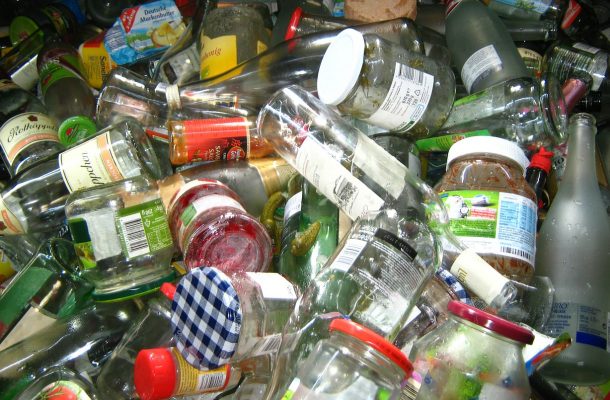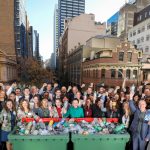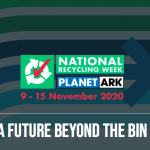The effectiveness of recycling services across Australia is being seriously questioned as new research shines a critical light on waste management efforts.
The findings of the first of a series of surveys by UNSW Sydney to better understand community attitudes to important issues, come as the growing waste problem around Australia and globally intensifies after a ban in January by China to no longer accept certain recyclable materials it had been taking from other countries.
Most people, across all States and demographics, believe the recyclables they put out in their council bins are ending up in landfill.
Professor Veena Sahajwalla, Director of UNSW’s Centre for Sustainable Materials Research and Technology (SMaRT) Centre, said rising stockpiles and increasing use of landfill – in the absence of a coordinated government solution to our growing waste problem – had not been lost on consumers and they wanted action.
“Each council is fending for themselves right across Australia and while the meeting of Federal and State environment ministers earlier this year made an important announcement about a new National Waste Policy stating that by 2025 all packaging will be re-usable, compostable or recyclable, we don’t have to wait another seven years for this decision to come into effect,” Veena said.
“There is much that can be done right now given that scientifically-developed and proven methods are currently available through the green microfactory technology, yet the Federal Government is now also pushing on with an investment of $200 million into so called ‘waste to energy’ projects that actually destroy forever waste materials that can be used over and over as a renewable resource.”
Key findings show:
- 65.4% believe recyclables put into council bins goes to landfill; 69.5% female, 51.4% aged 18-34, 75.1% aged 65+
- 49% of people believe green and ecofriendly efforts will not have an effect in their lifetime; and 63.8% of those aged 65+ see no benefits being realised
- 72.4% of people would recycle more if the material was reliably recycled.
People are also confused about which levels of government – local, State, federal, or all three – are responsible for their local waste and recycling services. In fact, some people think industry, not government, is responsible for waste management.
But what is overwhelming is the Australian public’s determination for our governments to do much more to better manage recycling and investment into technology such as microfactories.
91.7% of people say is it very or somewhat important for Australia to invest in microfactory technology to ‘reform’ most common waste into re-usable ‘high-value’ materials, and 80.4% support government investment in this technology to reduce landfill and create jobs.
“It is clear on this issue that people want action, and they want governments to invest and do something now,” Veena said. “A number of councils and private business are interested in our technology but unless there are incentives in place, Australia will be slow to capitalise on the potential to lead the world in reforming our waste into something valuable and reusable.”
“Rather than export our rubbish overseas and to do more land fill for waste, the microfactory technology has the potential for us to export valuable materials and newly manufactured products instead. Through the microfactory technology, we can enhance our economy and be part of the global supply chain by supplying more valuable materials around the world and stimulating manufacturing innovation in Australia.”





